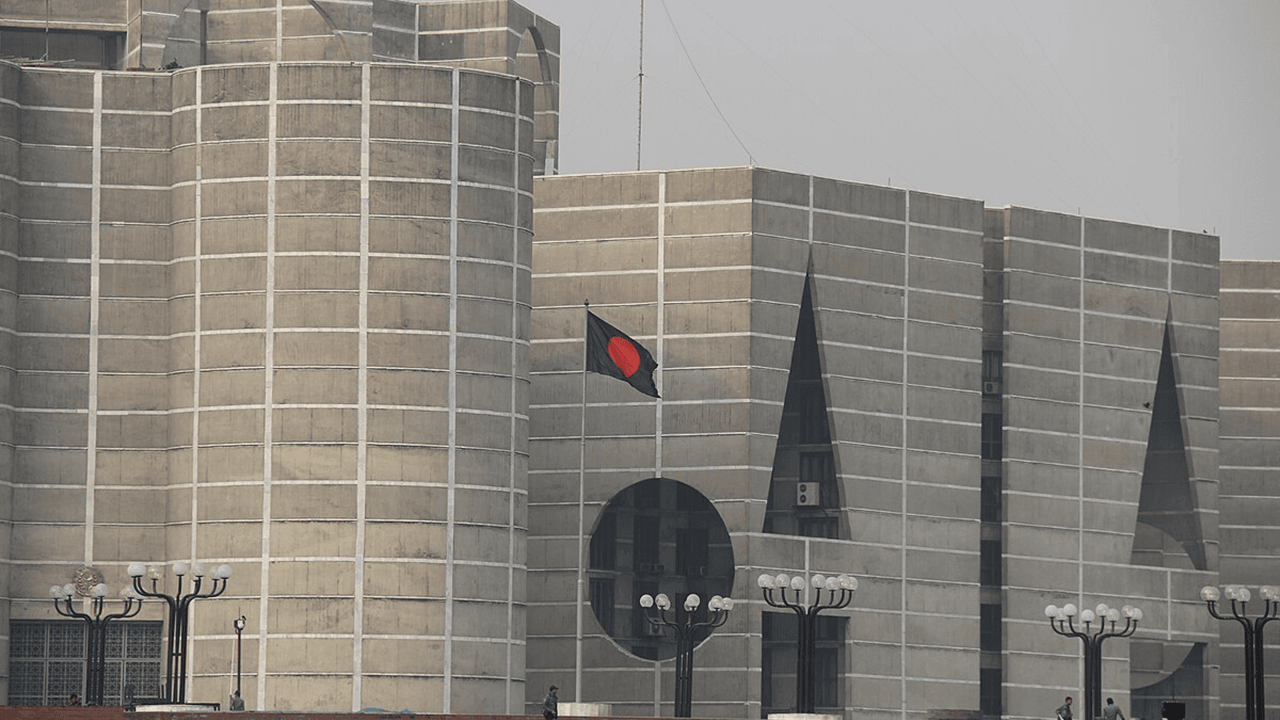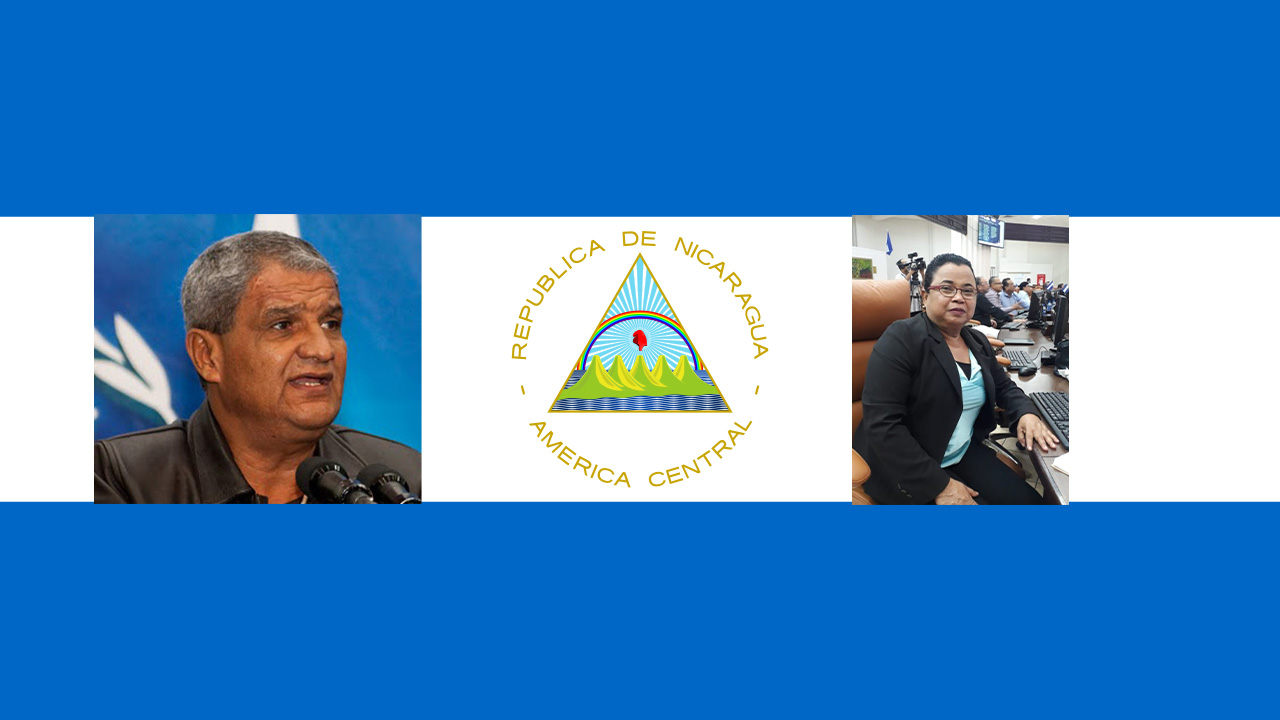On 24 August 2020, the Parliament of the Maldives (The People’s Majlis) took a critical step forward to protecting human rights in their country. The 56 Members of Parliament who attended the session on Monday unanimously approved ratification of the Convention on the Protection of All Persons from Enforced Disappearance (ICPPED) and the Optional Protocol to the International Covenant on Economic, Social and Cultural Rights (OP-ICESCR).
The ICPPED, which entered into force in 2010, is the primary international instrument imposing obligations on states to prevent and address enforced disappearances. Article 7(1)(i) of the Rome Statute of the International Criminal Court (ICC) states that “when committed as part of a widespread or systematic attack against a civilian population” enforced disappearances can constitute a crime against humanity. The crime of enforced disappearances is particularly egregious as it not only targets individuals, but is also used as a tool to spread terror in communities. The feeling of insecurity stemming from this crime is not limited to the victims’ families, but pervasively spreads to the entire society.
Following this vital decision, the Speaker of the People’s Majlis and PGA member, Mr. Mohamed Nasheed, highlighted that “the ratification of this Convention is an important step towards safeguarding fundamental rights in the Maldives. It means, for example, that a government or anyone else cannot snatch people off the street, or abduct them from their homes, and disappear them. The Maldives recently witnessed the abduction and ‘disappearance’ of a journalist in this manner. It is an appalling crime, and the ratification of this Convention makes it harder for perpetrators to get away with it, or governments to cover it up.”
The passing of this instrument in Parliament coincides with the commemoration of the International Day of the Victims of Enforced Disappearances on August 30.
The Optional Protocol to the ICESCR constitutes a historical development and advance: it confirms that economic, social and cultural rights are of equal importance to civil and political rights. Moreover, by committing to this instrument, The Maldives would provide victims of economic, social, and cultural violations - who are not able to obtain an effective remedy in their national jurisdictions - with an avenue for redress: the Committee on Economic, Social, and Cultural Rights. Under this consideration, the Optional Protocol strengthens rights and defines several parameters when these are violated. Additionally, it assists with national advocacy for the enforcement of these specific rights that, for a long time, were deprived of developing jurisprudence as was the case for civil and political rights.
The President of the Maldives, H.E Ibrahim Mohamed Solih, stated: “on the first day of our new Government, I established a Presidential committee to investigate unexplained deaths and disappearances. Ensuring justice for human rights violations was a key pledge of our campaign and now a policy my Government is committed to seeing through. I am proud to commit the Maldives to the Convention on the Protection of All Persons from Enforced Disappearance and the Optional Protocol to the International Covenant on Economic, Social and Cultural Rights, and reaffirm our commitment to treaty obligations.”
PGA commends the work carried out by Members of Parliament in taking these critical steps, as it not only demonstrates the country’s commitment towards upholding the rule of law and the principles of international justice and human rights, but also to ending impunity, ensuring truth, justice, and reparations for victims. PGA urges the government to continue its work and take the appropriate steps to ratify the conventions and implement them in national legislation.
Parliamentarians in Maldives are playing an inspiring role in the region. PGA encourages Parliaments in neighboring counties to take similar steps to promote and protect human rights.



